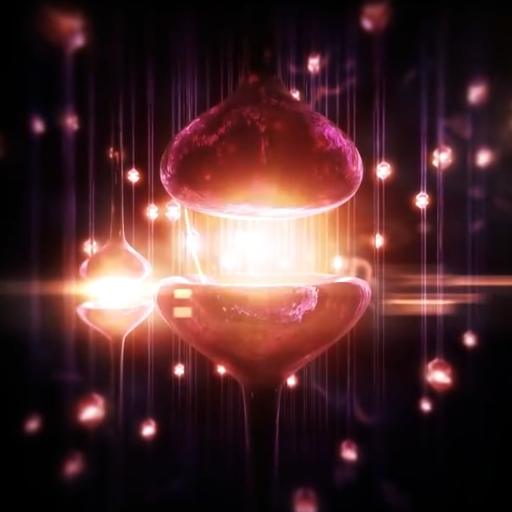Consciousness and Its Purpose: Difference between revisions
| Line 8: | Line 8: | ||
==No center== | ==No center== | ||
The human brain is by far the most sophisticated phenomenon we have thus far been able to observe in the universe. Inside this mysterious structure, roughly 84 billion neurons fire in synchrony with each other to produce a myriad of incredibly complex functions such as movement, language, creativity, and emotions. | The human brain is by far the most sophisticated phenomenon we have thus far been able to observe in the universe. Inside this mysterious structure, roughly 84 billion neurons fire in synchrony with each other to produce a myriad of incredibly complex functions such as movement, language, creativity, and emotions. | ||
While the brain is very complex and processes within it can rarely be circumscribed to one specific area, throughout the years neuroscientists have been able to associate many of these functions and behaviors with predominant brain regions and patterns of neural activity. We know today that movement is mainly controlled by the cerebellum and emotions largely carried by the limbic system but what about our conscious experience? If science is able to pinpoint the neural areas that are responsible for some of our most important biological processes, can it also specify plausible brain regions that make up the core of what we are? | |||
==Evolutionary tool== | ==Evolutionary tool== | ||
Revision as of 10:58, 29 April 2024
What are we?
Having detailed in the previous section the logical foundation for our reasoning where we not only realized the importance of thinking in probabilities but also assumed that we exist and are subjected to consistent patterns, it becomes imperative to continue our exploration by properly defining what do we exactly mean by existence. In other words, what are we? What is this feeling, this experience of being alive as we look out on the world and perceive it from our own center stage?
Scientists tend to describe this feeling as consciousness or experience, but naming it is perhaps the easiest part. Science has done great progress in teasing out the relationship of detailed neural activity to states of consciousness but there are still many unresolved questions around what is frequently called the hard problem of consciousness, which essentially seeks to explain how does a conscious experience emerge out of the inner workings of a physical brain.
Over the years, there have been many theories, some of which have since been debunked with modern understandings of neuroscience, others that are considered too far-fetched and exotic to be of merit without hard evidence. But there is one general school of thought that most scientists consider to be probable. An idea that is not only logically sound and fits our observations, but that can transform how we think about our lives even though its implications are thus far rarely discussed and explored. In fact, the following topics of this chapter may mark the first time all these logical conclusions are put together to bring into focus what science can really tell us about the nature of our who we are.
No center
The human brain is by far the most sophisticated phenomenon we have thus far been able to observe in the universe. Inside this mysterious structure, roughly 84 billion neurons fire in synchrony with each other to produce a myriad of incredibly complex functions such as movement, language, creativity, and emotions.
While the brain is very complex and processes within it can rarely be circumscribed to one specific area, throughout the years neuroscientists have been able to associate many of these functions and behaviors with predominant brain regions and patterns of neural activity. We know today that movement is mainly controlled by the cerebellum and emotions largely carried by the limbic system but what about our conscious experience? If science is able to pinpoint the neural areas that are responsible for some of our most important biological processes, can it also specify plausible brain regions that make up the core of what we are?
Evolutionary tool
It can be quite fascinating to realize that consciousness is merely a biological property that emerges out of the synchronized activity of billions of neurons. But even more fascinating are the questions that this observation tends to lead to. Why were physical neurochemical processes ever accompanied by an experience? Why haven't humans remained conscious but not self-aware? Why did consciousness come along, for what purpose?
Purpose
Understanding the reason why a conscious experience eventually emerged throughout evolution already gives us a much better appreciation of what our purpose ultimately is. We cannot disconnect it from the past. There is a clear line to be drawn from stardust evolving to us and we need to follow up on that to understand our design. It explains why we are here and is wired into every single cell.
